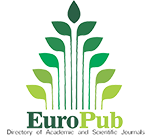Physical and chemical characterization of yacon (Smallanthus sonchifolius) roots cultivated with different doses of potassium fertilization
DOI:
https://doi.org/10.48162/rev.39.079Palabras clave:
Smallanthus sonchifolius, fructooligosacáridos, comida functional, raíces tuberosasResumen
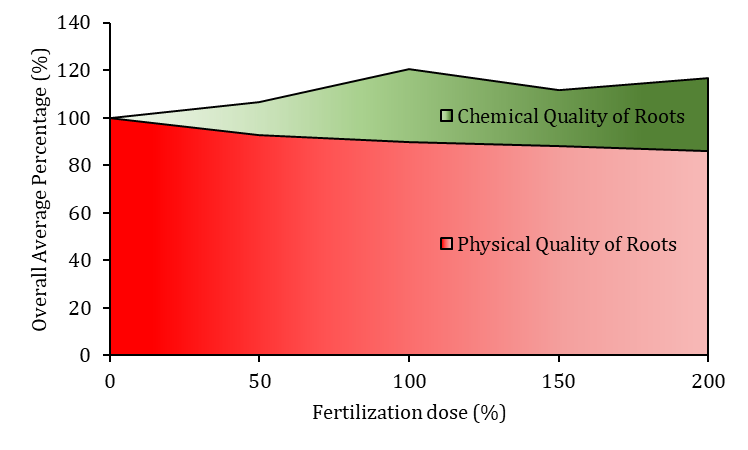
The already marked tendency for functional food consumption, low in calories, and with biologically active properties, has been increasing. In this scenario, yacon tuberous roots, with high levels of nutraceutical fructooligosaccharides, gain importance. However, these nutraceutical properties depend on fertilization management. Thus, our study aims to evaluate different doses of potassium fertilization on the physicochemical characteristics of yacon roots. The experimental design consisted of randomized blocks, with 4 replications and 5 treatments: four doses of potassium fertilization (50%; 100%; 150%; 200%) of the reference value, corresponding to 178.7 kg.ha-1; 357.4 kg.ha-1; 536.1 kg.ha-1; 714.8 kg.ha-1 of potassium chloride – (KCl), and a control (soil without fertilization). The chemical features evaluated were pH, total titratable acidity, soluble solids, conductivity, turbidity, moisture and ashes. The texture profile was analyzed through toughness, adhesiveness, cohesiveness, chewability index, elasticity, and gooeyness. Most of the variables were influenced by potassium soil fertilization. Only turbidity, conductivity and gumminess showed no response to the applied doses, not fitting the tested models. Potassium fertilization improved both chemical (higher levels of soluble solids and less acidity) and physical characteristics (less hardness, chewability, cohesiveness, and adhesion) of yacon tuberous roots, bringing greater quality to the final product.
Highlights
- Yacon is considered a prebiotic food. Several immunostimulatory characteristics promote antimicrobial, anti-inflammatory, and antioxidant activity.
- Potassium is associated with root size, shape, texture, color, flavor, acidity, nutrient transport resistance, nutritional value, and even market value.
- Texture constitutes an important factor and quality criterion for the sensory acceptance of food. Thus, the results obtained show that potassium fertilization improves both physical and chemical characteristics of yacon roots.
- The best results were observed with the maximum dose of potassium fertilization (357.4 kg.ha-1 of KCl).
Descargas
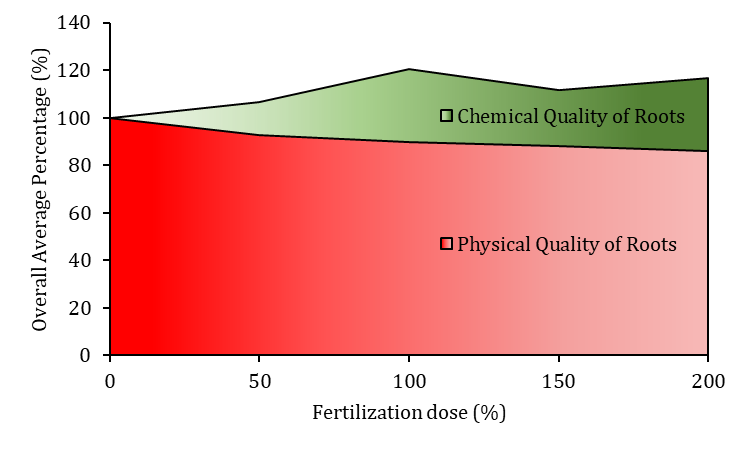
Descargas
Publicado
Cómo citar
Número
Sección
Licencia
Derechos de autor 2018 Revista de la Facultad de Ciencias Agrarias UNCuyo

Esta obra está bajo una licencia internacional Creative Commons Reconocimiento-NoComercial-CompartirIgual 3.0.
Aquellos autores/as que tengan publicaciones con esta revista, aceptan las Políticas Editoriales.

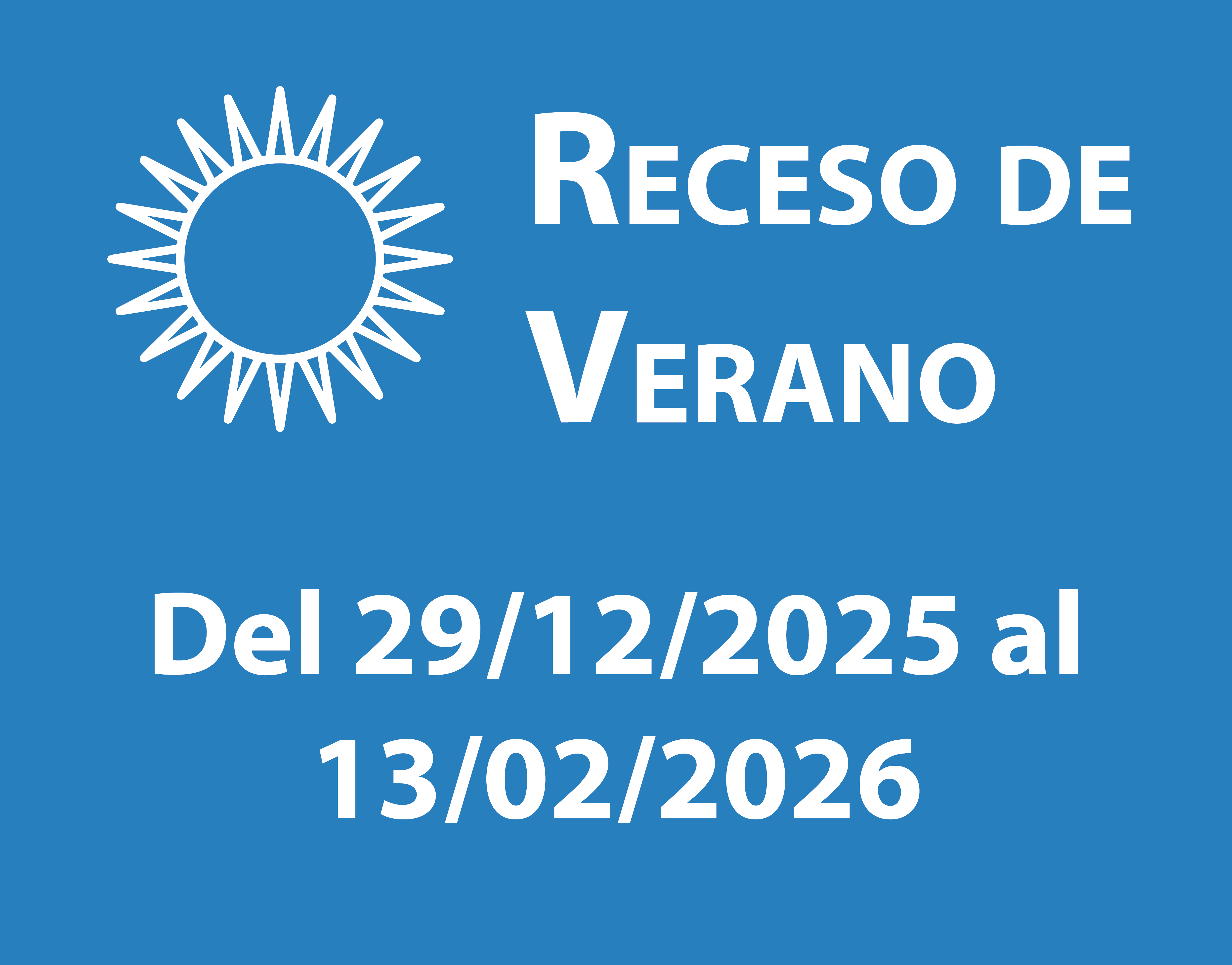

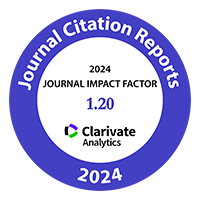




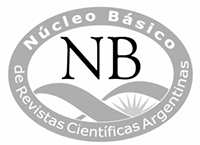


.jpg)
